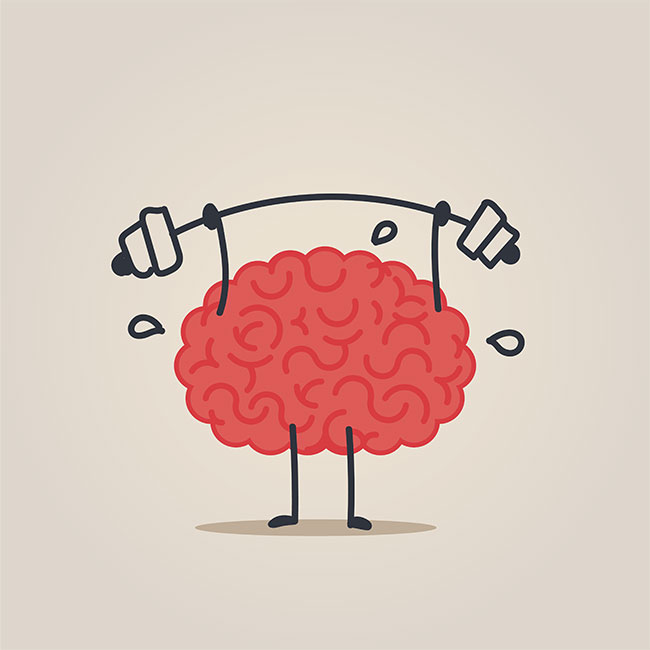
World Sleep Day: A wake-up call for first responders
By Maude Bouchard
Features Opinion canadian firefighter firefighters First Responders mental health wellness Photo: baluchis/Adobe Stock
Photo: baluchis/Adobe Stock Working as a first responder means navigating stress and trauma, a highly demanding workload and, inevitably, shift work. Firefighters are required to be present, alert, focused and mentally agile while remaining calm in agitated situations. In short, this profession requires everything that goes away when you do not sleep.
Shift workers put extra pressure on sleep because their internal clock does not know what to follow. Usually, this clock inside the brain works on repetition; over a 24-hour schedule, the brain releases the proper hormones at the right time to make us sleep at night and be alert during the day. This clock also synchronizes its activity with the environment, from natural light to the timing of meal consumption. When firefighters are on an alternating shift schedule, their brains and bodies are constantly adjusting as if they were jetlagged at all times.
The prevalence of insomnia in shift workers is higher than in the general population. Ten to 20 per cent of the general population suffer from chronic insomnia and up to 50 per cent will suffer from insomnia symptoms during their lifetime. The numbers are thus catastrophic in shift workers and have important consequences for the workforce.
I don’t experience the pressures that firefighters live with every day. However, after speaking with first responders across North America over the last few years and successfully treating their sleep issues, I realized how important their jobs, colleagues and the people they serve are to them. I also realized how bad their sleep is at times.
As a neuropsychologist specializing in the treatment of sleep disorders and the development of scientifically based treatment options, sleep is of the utmost importance to me when it comes to preserving the health and safety of individuals. Luckily, there is forward momentum around sleep happening right now. No longer is it believed that you are tougher and more productive if you sleep less. More people now understand that they are stronger when they feel well-rested and they are looking for long-term solutions.
By starting these conversations, you might realize the extent of the problem and feel less alone.
You might be wondering “What do I do now?”
The first step is to become aware of your sleep needs and difficulties. How do you know if you don’t sleep enough, or that you might have a sleep disorder? Here are a few pointers to be aware of, followed by a few tips you might use to improve your sleep right now.
- You struggle to fall asleep, stay asleep during the night or have early awakenings without falling back asleep.
- You drink alcohol, use drugs or need medication to fall asleep.
- You worry about not sleeping enough, not being able to sleep or being too tired.
- You have frequent nightmares during the week.
- You are sleepy during work time and doze off when you shouldn’t.
Here’s where you should start if you recognize yourself in one or many of the above points:
- Ensure your sleeping environment is dark, silent and cool, especially when you sleep during the day.
- Remove the clock from the room, as looking at the time when you’re not able to sleep will stress you out more than it will help.
- Start using a relaxing sleep routine to unwind. You need time to relax even when you arrive home late after an evening shift, but not so much time that you cut down on sleep time.
- Build a consistent sleep-wake schedule around your several types of shifts.
- Do not ignore the symptoms; talk about your sleep with people who can help.
Feel free to discuss sleep with your peers. By starting these conversations, you might realize the extent of the problem and feel less alone. You may even become an attentive ear for someone else who is struggling. You might be able to help by redirecting them to the right resources.
There is a tough fight in the list of priorities when you work in the fire service, but by putting sleep near the top of the list, you might have a true positive ripple effect in your life and work.
Maude Bouchard, Ph.D. is a neuropsychologist with over 15 years of experience in the field of sleep. She is particularly interested in the role of sleep in individuals’ health and performance. With a Ph.D. in neuropsychology from the University of Montreal, she studied under the supervision of Dr. Julie Carrier, and has acted as an adjunct professor at the City College of New York and a lecturer at the University of Montreal and the University of Quebec in Chicoutimi.
Print this page
Advertisement
- Thompson, Man., firefighters facing burnout crisis due to staffing woes
- Former Calgary fire chief Bruce Burrell, who led department during 2013 floods, dies at 65